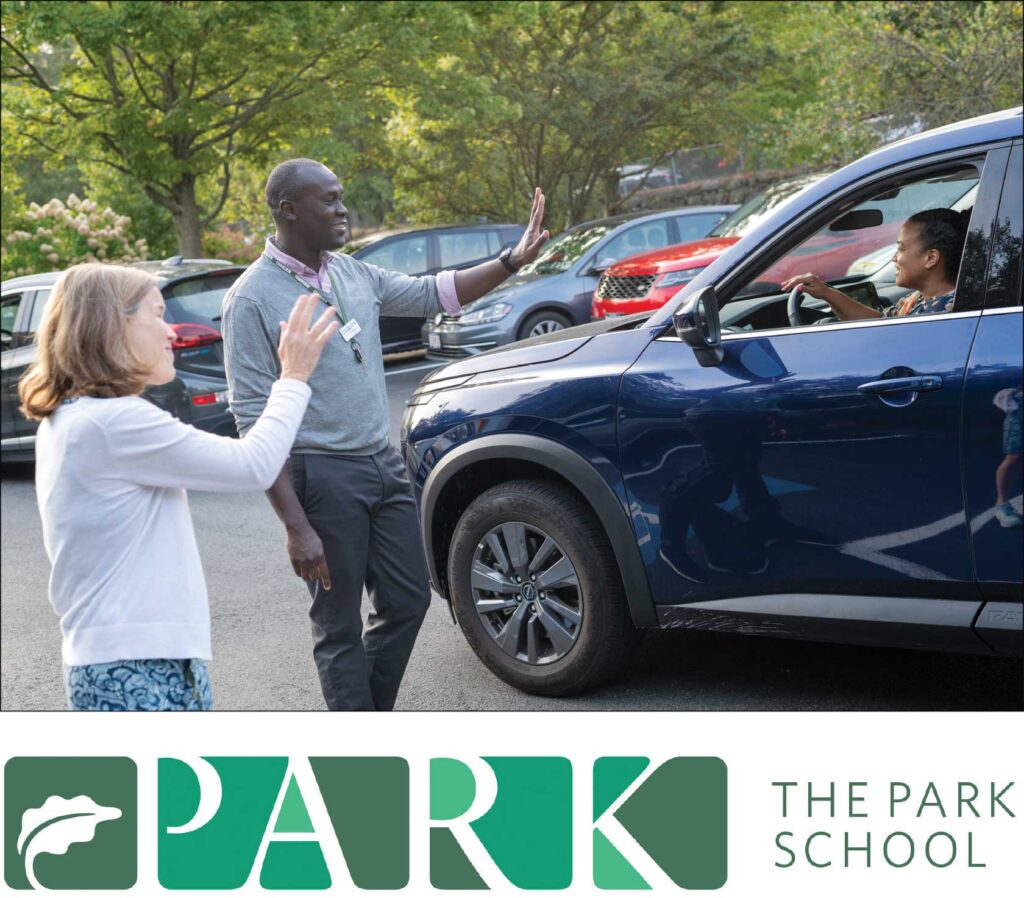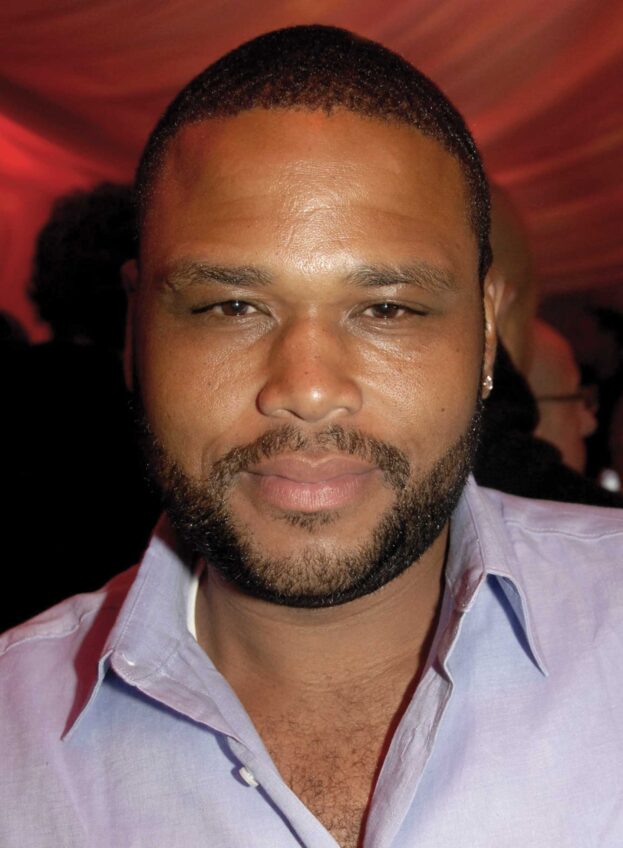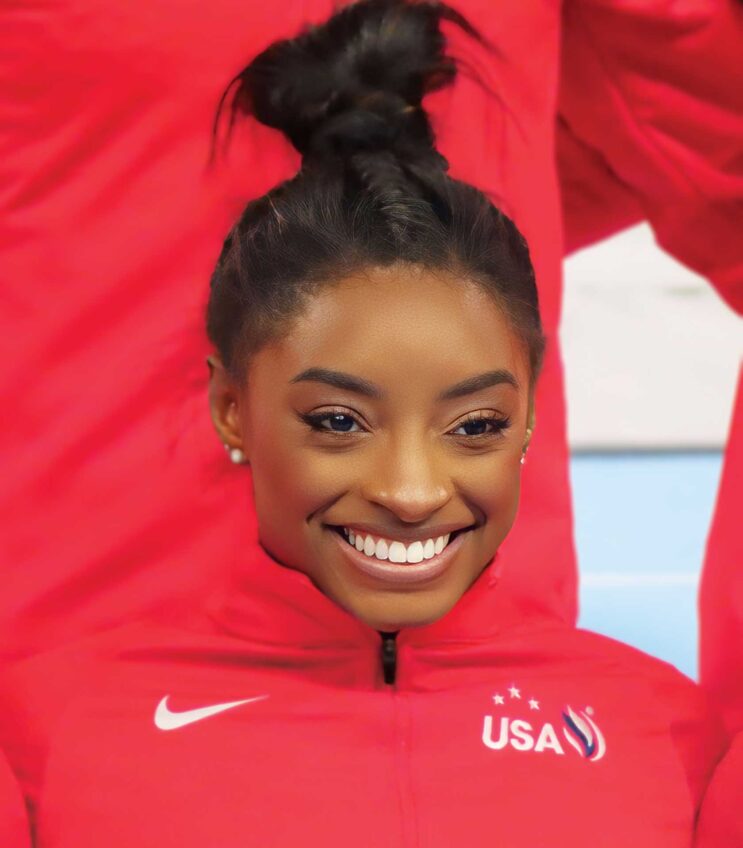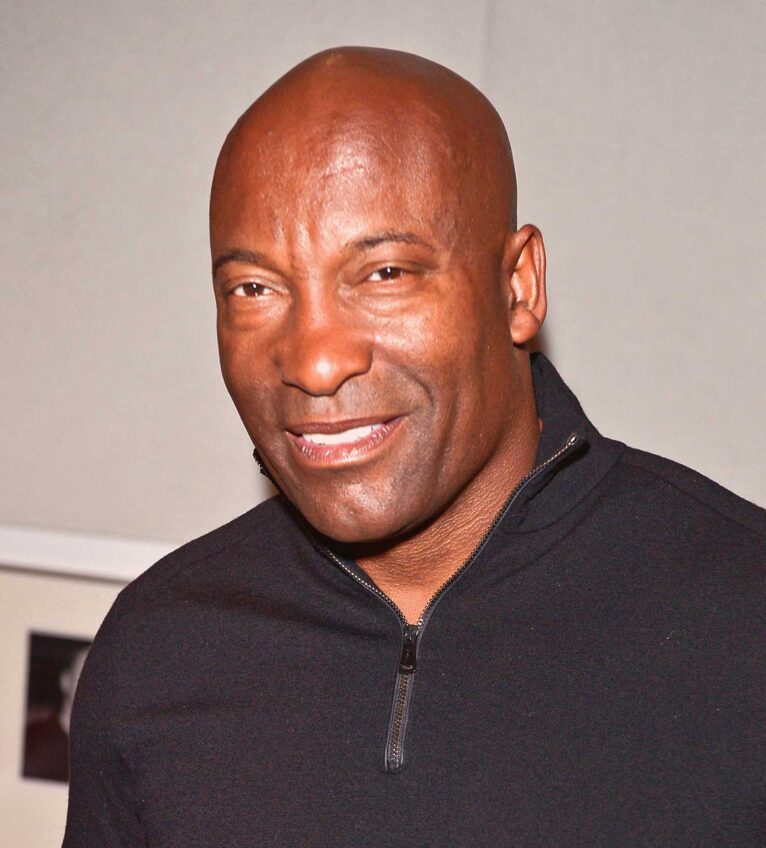
At Park, we intentionally call Grades 5 through 8 the “Upper Division.” Unlike at schools where the spotlight shines mainly on the efforts of high school students, students in Park’s Grades 5-8 are the leaders of the school – growing in confidence and accomplishment, finding joy in challenge.
It takes a special kind of educator to channel all that energy from adolescents’ rapid social, emotional, and intellectual development toward constructive growth. Park is the best place to experience early adolescence because Park’s teachers, led by Upper Division Head Jimmy Manyuru and Assistant Upper Division Head Elaine Hamilton, are educators who are experts in and deeply enjoy this age group. As Jimmy Manyuru observes, “The Upper Division team knows what’s right for fifth through eighth graders. We celebrate who they are now, and who they are becoming.”
Central to the team’s expertise with the age group is the understanding that at this age, a sense of belonging is deeply important, and stems from the emotional connection not only to a place, but to the people within it that makes you feel seen, valued, and able to be yourself. With the foundation a deep sense of belonging provides, students gain the resilience and empowerment that shape who they are today and prepare them to succeed in high school and beyond.
Jimmy has observed students’ unselfconscious enthusiasm and pride in what they do, whether it’s the fifth grader explaining the challenge they solved in After School Robotics, the sixth grader explaining yesterday’s print-making class, or the seventh grader reliving the previous day’s athletics contest. “It grows, I think, from the history they are continually building as they grow up at Park,” Jimmy notes, “ and the safety that comes from the company of caring, supportive friends.”
The Morning Meeting tradition is one of Elaine Hamilton’s favorite Park experiences. Twice a week, Upper Division students and teachers begin their day in community, and every session begins with opportunities for praise. “Teachers recognize and celebrate students or groups for a wide range of accomplishments — from winning a soccer game to trying a new leadership role to cleaning up after the entire Upper Division in the dining room.” Students are invited to perform or present on topics important to them — and their contributions, creativity, and engagement are highlighted and acknowledged. The power of that community recognition — the feeling of being fully seen, known and appreciated — in building and strengthening a sense of belonging for all is immeasurable. Elaine says, “They know they are safe, even as they push outside their comfort zone… they are proud of who they are, what their passions and interests are, and how strong their sense of self is becoming.”
Elaine points out that the way in which teachers support and challenge students recognizes that adolescents grow and develop at different times, with countless interests and curiosities. The structure of Park’s Upper Division provides students opportunity to explore, from electives to Affinity and Alliance groups, team sports, performing arts, robotics, and clubs focused on a wide range of student-generated interests. The exploration these choices provide help students gain a better sense of themselves and others as they are empowered while they build empathy and curiosity.
The Upper Division Advisory program also supports their growth and skill building, and provides opportunities for students to have fun together. That element of fun is also crucial to the strength of the Upper Division experience. Park’s Head of School, Scott Young, is aligned on the belief that Park’s culture intentionally seeks to “protect childhood” while also promoting a lifelong joy of learning. It seems increasingly clear these days, with the pressures induced by social media that our children experience every day, that childhood does, in fact, need protection. Park students get to grow, naturally, into adolescence and young adulthood, finding their voice and asserting themselves, while also embracing the unabashed joy of being kids.
Jimmy and Elaine are excited by all the possibilities ahead. In particular, their work on restorative practices puts relationships at the center. Elaine notes, “We want them to be empowered through all this work. Students will make mistakes, and mistakes help them learn to better advocate for themselves and others. The community offers both high expectations and support.” High accountability, yes, but also high support, creating a safe environment where, if they make a mistake, they can look at it and learn, rather than burying it and feeling shame.
At Park, curiosity, academic achievement, and leadership are cool and making one’s best effort is appreciated. Investing themselves unreservedly in the experience, Park students build the skill set that readies them to carry that motivation and engagement forward to secondary school and beyond.
All of this speaks to the sense of belonging students feel, which makes everything else possible. So often in schools, the focus is squarely on academic achievement. Jimmy, Elaine and Upper Division faculty know that sense of belonging is what makes that achievement possible. In order to move forward, students need to feel seen, safe and supported. Park students gain the confidence to push themselves, try new things and take risks, and master developmentally appropriate challenges. From that position of emotional strength, they can know that countless different types of success are achievable.
The outcomes speak for themselves. Next schools and former parents report that Park kids thrive at future schools that are highly academically competitive, even as they are also appreciated as “the nice kids,” the ones who build friendship and strengthen community. It’s not “either/or.” They do their best work in all they pursue because, as strong community members, they look to grow as they contribute with their whole selves.






